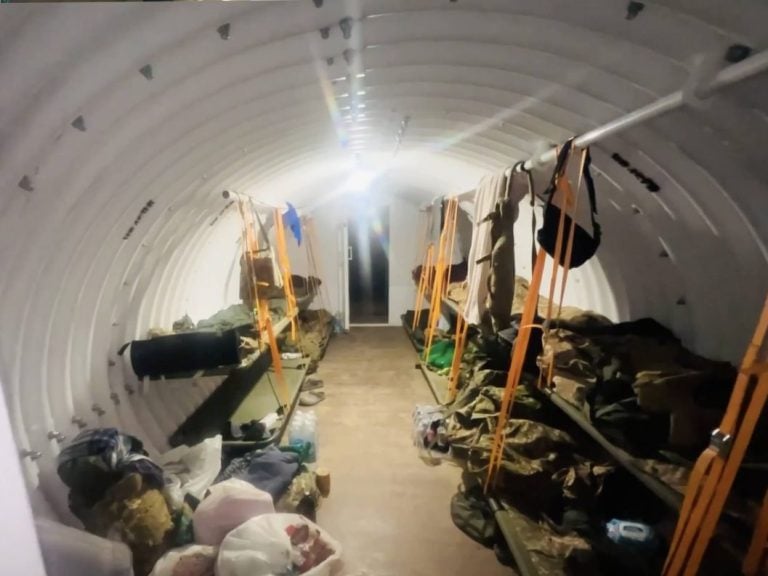In a dramatic escalation of the ongoing conflict in Ukraine, US President Donald Trump announced the potential for increased sanctions against Russia following a devastating aerial assault that marked the largest such attack on the country to date. The Russian military unleashed a barrage of missiles and drones early on Sunday, leading to multiple casualties, including the deaths of four individuals, and significant damage to infrastructure in Kyiv.
As the city grappled with the aftermath of the strikes, which ignited flames in government buildings, Trump expressed his dissatisfaction with the situation. He indicated a willingness to impose further sanctions on Russia, signaling a robust stance against the Kremlin’s actions. Ukrainian President Volodymyr Zelensky responded to the attack by emphasizing the need for a strong American response, underscoring the ongoing volatility in the region.
The recent surge in aggression from Russia follows a failed diplomatic effort between Trump and Russian President Vladimir Putin on August 15, which resulted in no progress towards a ceasefire. The assault on Sunday constituted a significant escalation, with visible damage reported at various locations, including a key government complex that had thus far remained untouched throughout the conflict’s duration.
The Ukrainian air force reported unprecedented levels of aggression, with at least 810 drones and 13 missiles launched at Ukraine between late Saturday and early Sunday. The attack extensively damaged residential areas and public infrastructure, resulting in injuries to more than two dozen individuals. Among those injured was a pregnant woman who delivered a premature baby in the hours following the strikes.
Reactions from international leaders have been swift and severe. French President Emmanuel Macron and UK Prime Minister Keir Starmer condemned the attacks, with Macron asserting that Russia was deepening its commitment to warfare and terror. EU chief Ursula von der Leyen accused the Kremlin of undermining diplomatic efforts and called for a united global response.
In addition to potential sanctions from the United States, which could involve tariffs on nations purchasing Russian oil, discussions among European nations are underway regarding the deployment of troops to bolster Ukraine’s defenses. As the situation unfolds, there is mounting pressure on world governments to respond decisively to what Zelensky described as a “deliberate crime” against the Ukrainian people.
Ukraine’s foreign ministry took to social media to highlight the extent of human and animal casualties, noting the tragic loss of seven horses at an equestrian club amidst the chaos. The broader implications of the conflict resonate deeply, as millions have been displaced and tens of thousands have lost their lives in this prolonged, brutal war.
As the fight for Ukraine continues, the combination of international condemnation, the looming threat of heightened sanctions, and the potential for military support from Europe may reshape the dynamics of a conflict that has already exerted a profound toll on Europe since World War II.







